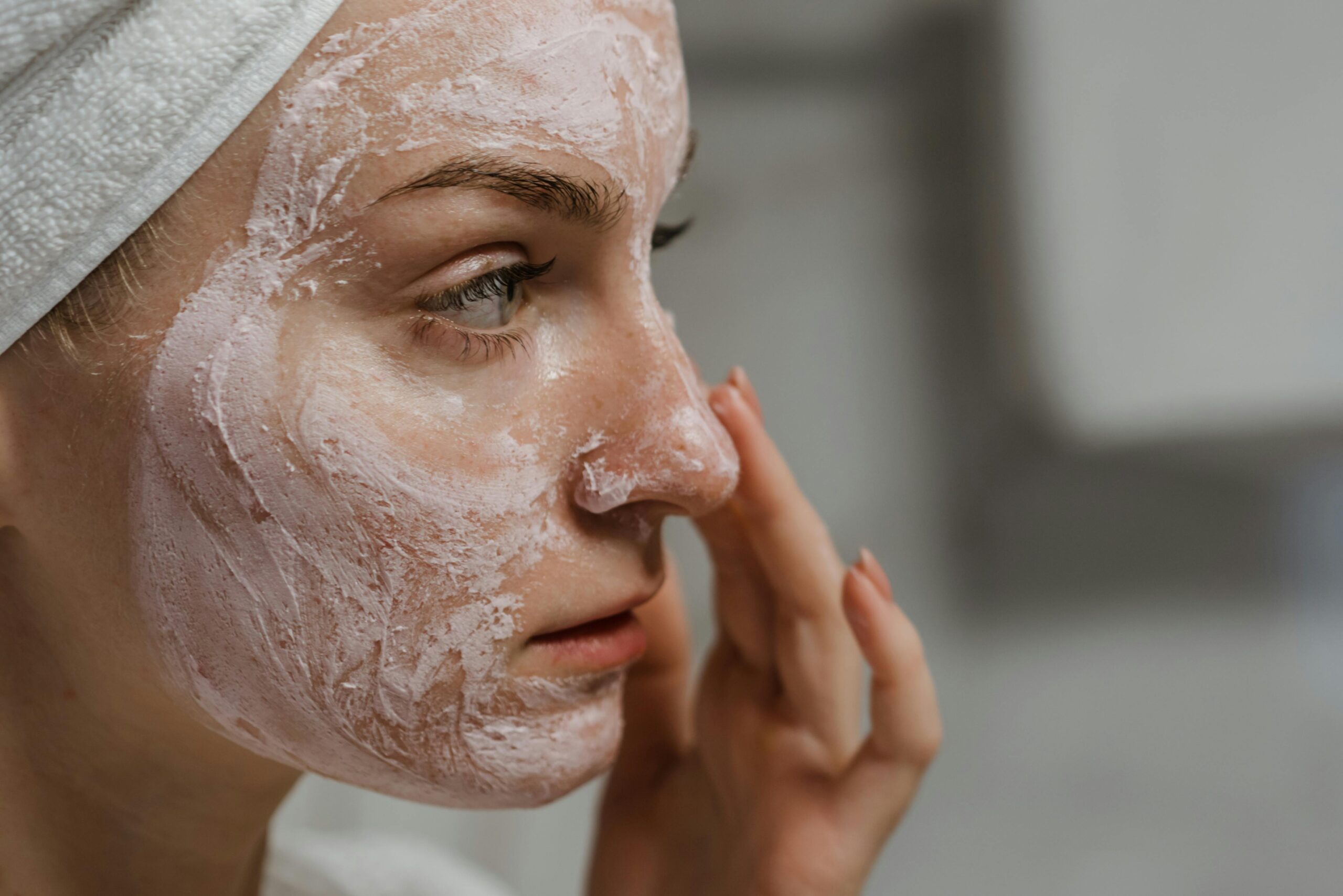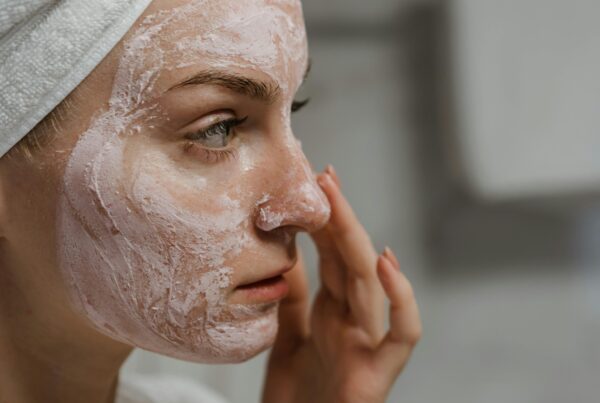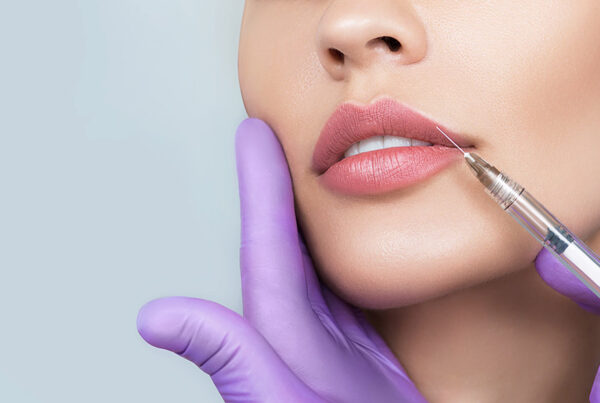Achieving flawless skin is a combination of maintaining a consistent skincare routine, leading a healthy lifestyle, and addressing specific concerns with targeted treatments. Here’s a comprehensive guide to help you attain glowing, healthy skin:
1. Build a Consistent Skincare Routine
Morning Routine: Protect and Prep
- Cleanser: Use a gentle cleanser suitable for your skin type to remove overnight buildup. Look for hydrating cleansers if your skin is dry or salicylic acid-based ones if it’s acne-prone.
- Toner: Apply a toner to balance your skin’s pH and prep it for subsequent products.
- Serum: Use a vitamin C serum for brightening and antioxidant protection.
- Moisturizer: Hydrate your skin with a lightweight, non-comedogenic moisturizer.
- Sunscreen: Apply a broad-spectrum sunscreen with at least SPF 30 to protect against UV damage, a major cause of premature aging and discoloration.
Evening Routine: Repair and Restore
- Double Cleanse: Remove makeup and sunscreen with a cleansing balm or oil, followed by a gentle cleanser.
- Exfoliation (2–3 times a week): Use chemical exfoliants like AHAs (glycolic acid) or BHAs (salicylic acid) to remove dead skin cells and unclog pores. Avoid over-exfoliating to prevent irritation.
- Treatment Products: Incorporate products like retinol or niacinamide for anti-aging and acne control, or use treatments for pigmentation and texture issues.
- Night Cream or Sleeping Mask: Seal in moisture with a nourishing night cream or mask.
2. Stay Hydrated
- Drink at least 2–3 liters of water daily to maintain hydration and support skin elasticity.
- Include hydrating foods like watermelon, cucumber, and oranges in your diet.
3. Eat a Skin-Friendly Diet
- Antioxidants: Consume foods rich in antioxidants like berries, spinach, and green tea to combat free radicals.
- Omega-3 Fatty Acids: Include sources like salmon, flaxseeds, and walnuts to reduce inflammation and keep skin supple.
- Vitamin E and Zinc: Found in nuts, seeds, and whole grains, these nutrients promote skin healing and glow.
- Avoid Sugar and Processed Foods: They can lead to inflammation and breakouts.
4. Manage Stress
Chronic stress can lead to breakouts and dull skin. Practice stress-relieving activities like:
- Yoga or meditation
- Regular exercise
- Journaling or engaging in hobbies
5. Get Enough Sleep
Sleep is crucial for skin repair and rejuvenation. Aim for 7–9 hours of quality sleep each night. Use a silk pillowcase to reduce friction and prevent wrinkles.
6. Regularly Clean Your Tools
- Wash makeup brushes and sponges weekly to prevent bacteria buildup.
- Replace pillowcases and towels regularly to avoid transferring dirt and oil to your skin.
7. Professional Treatments
- Facials: Regular facials can deeply cleanse, exfoliate, and rejuvenate your skin.
- Chemical Peels: These treatments can improve texture, reduce pigmentation, and enhance radiance.
- Laser Therapy: Effective for stubborn discoloration, acne scars, or uneven skin tone.
- Microneedling: Stimulates collagen production for smoother and firmer skin.
8. Avoid Harmful Habits
- No Smoking: Smoking reduces blood flow and damages collagen, leading to dull, sagging skin.
- Limit Alcohol: Excessive alcohol dehydrates the skin and can lead to puffiness and redness.
- Avoid Touching Your Face: This prevents the transfer of dirt and bacteria.
9. Customize for Your Skin Type
- Dry Skin: Focus on hydration with products containing hyaluronic acid and ceramides.
- Oily Skin: Use oil-free, mattifying products and non-comedogenic moisturizers.
- Sensitive Skin: Choose fragrance-free and hypoallergenic products.
- Combination Skin: Balance hydration in dry areas and control oil in the T-zone.
10. Be Patient and Consistent
Skin improvements take time, usually 4–8 weeks for noticeable changes. Stick to your routine and monitor your progress. If you experience persistent issues like acne or hyperpigmentation, consult a dermatologist for personalized advice.
By combining these practices, you can enhance your skin’s natural radiance and achieve a flawless complexion. Remember, healthy skin is not just about aesthetics but also about caring for your overall well-being.




